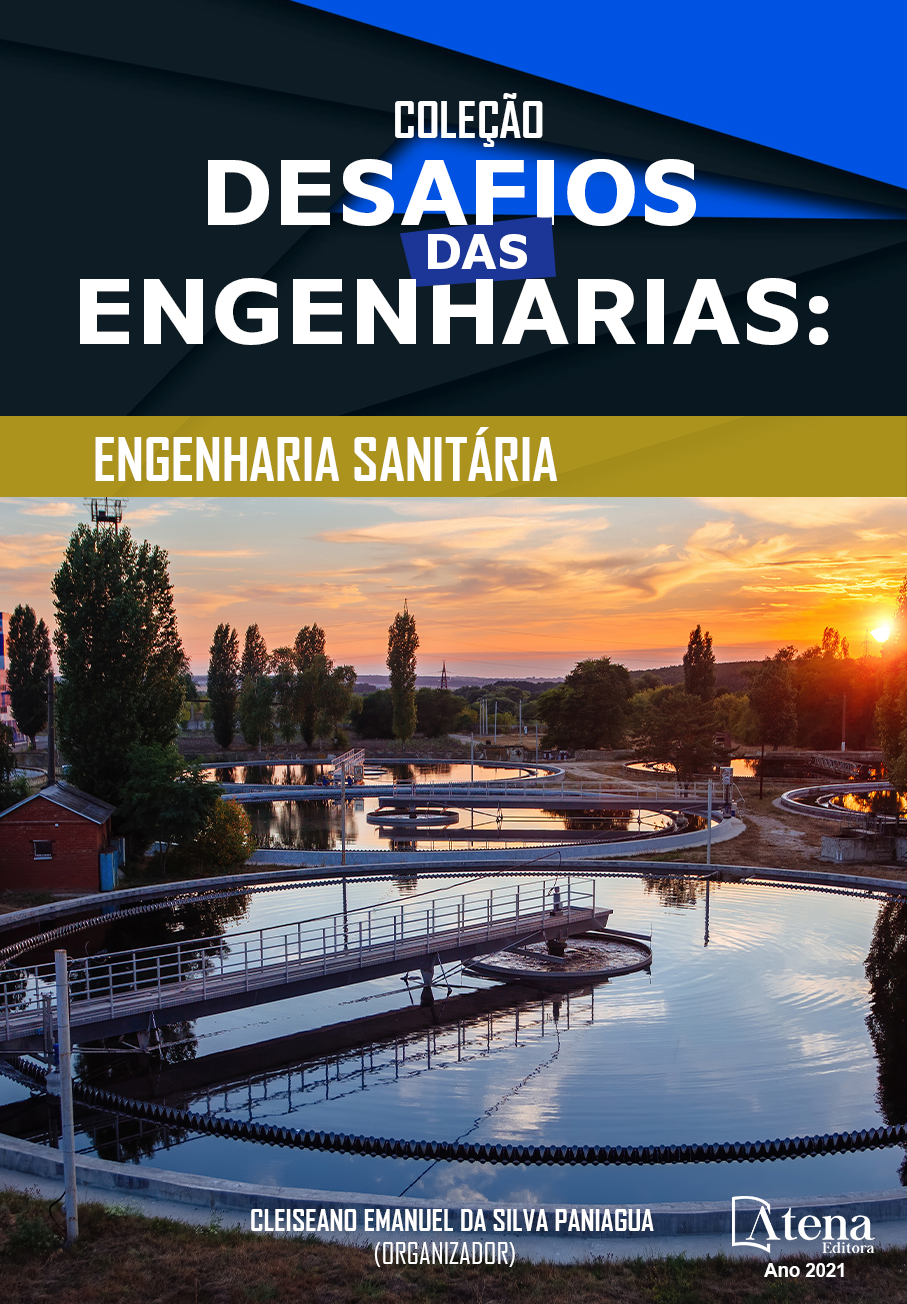
VIABILIDADE FINANCEIRA, BENEFÍCIOS AMBIENTAIS E ENERGÉTICOS COM O TRATAMENTO TÉRMICO DOS RESÍDUOS SÓLIDOS GERADOS NOS MUNICÍPIOS OPERADOS PELA SABESP NA RMSP
A lei federal 12.305/10 apresenta as definições da logística reversa, disposição e a destinação final dos resíduos sólidos ambientalmente adequada. Além da reutilização, reciclagem e compostagem esta lei indica a recuperação e o aproveitamento energético como forma adequada. Em outros países, o processo de tratamento térmico é uma forma de destinação final dos resíduos sólidos urbanos que possibilita o aproveitamento energético e a redução de massa e volume. No Brasil, ainda não é observada em sua matriz energética a geração de energia elétrica provida desta matéria prima.
Com este processo proposto na região metropolitana de São Paulo, a energia elétrica produzida beneficiaria a sustentabilidade energética das operações de captação, tratamento e distribuição de água, coleta e tratamento do esgoto e a geração de receitas financeiras com as comercializações da energia excedente e com a obtenção de certificados de reduções de emissões de gases de efeito estufa.
Os objetivos deste trabalho são demonstrar os benefícios do processo de tratamento térmico de resíduos urbanos baseados nas estimativas de produção de energia elétrica, a viabilidade financeira com a geração de receitas financeiras aliadas à obtenção de créditos de carbono junto a comercialização de energia e a possibilidade da sustentabilidade energética do saneamento básico nos municípios da região metropolitana de São Paulo operados pela Companhia de Saneamento Básico do Estado de São Paulo - SABESP.
VIABILIDADE FINANCEIRA, BENEFÍCIOS AMBIENTAIS E ENERGÉTICOS COM O TRATAMENTO TÉRMICO DOS RESÍDUOS SÓLIDOS GERADOS NOS MUNICÍPIOS OPERADOS PELA SABESP NA RMSP
-
DOI: 10.22533/at.ed.2552130069
-
Palavras-chave: Resíduos Sólidos Urbanos, Tratamento Térmico, Geração de Energia
-
Keywords: Municipal Solid Waste, heat treatment, Waste to Energy
-
Abstract:
Brazilian law 12,305 / 10 presents the definitions of reverse logistics, disposal and the final disposal of environmentally friendly solid waste. In addition to reuse, recycling and composting, this law indicates energy recovery and utilization as an correct form. In other countries, the heat treatment process is a form of final disposal of municipal solid waste that allows energy generation and the reduction of mass and volume. In Brazil, the generation of electric energy provided with this raw material is not yet observed in its energy matrix.
With this proposed process in the metropolitan region of São Paulo, the electric energy produced would benefit the energy sustainability of the operations for the collection, treatment and distribution of water, collection and treatment of sewage and the generation of financial revenues from the commercialization of energy generation and with the obtaining certificates of emission reductions of greenhouse gases.
The objectives of this work are to demonstrate the benefits of the process of thermal treatment of municipal solid waste based on the estimates of electric energy production, the financial viability with the generation of financial revenues combined with obtaining carbon credits from the sale of energy and the possibility of energy sustainability of basic sanitation in the municipalities of the metropolitan region of São Paulo operated by the Basic Sanitation Company of the São Paulo State - SABESP.
-
Número de páginas: 20
- Rodrigo Chimenti Cabral


